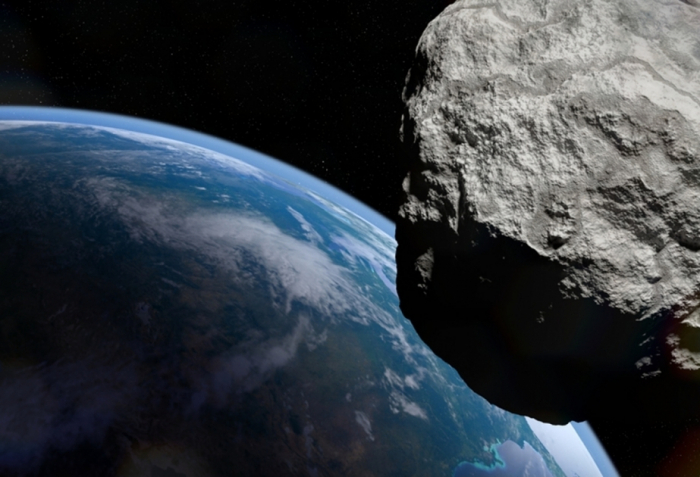While both asteroids will come relatively close to our planet, NASA has assured that there is no cause for alarm as they pose no threat of impact.
The first asteroid, designated as 2024 BR4, will pass within approximately 4.6 million kilometers of Earth, less than twelve times the distance to the Moon. Measuring between 140 and 310 meters in diameter, roughly the size of a skyscraper, this asteroid belongs to the group of asteroids known as Apollos, which have orbits that intersect with Earth's.
Discovered by the Catalina Sky Survey on January 30, it has been steadily approaching Earth and was approximately 12 million kilometers away at the time of imaging. The Celestron C14+Paramount ME+SBIG ST8-XME robotic unit was used to capture detailed images of its journey, showcasing the power of international collaborations like the Virtual Telescope Project.
The second asteroid, 2024 CB1, is expected to pass Earth at a distance of just 1.4 million kilometers, at a speed of 63174 kilometers per hour, which is almost as fast as a space shuttle. It belongs to the Apollo group of Near-Earth Asteroids and is almost 160 feet wide, making it almost as big as an aircraft.
Despite its close approach, it is not expected to impact the planet. NASA has not designated Asteroid 2024 CB1 as a Potentially Hazardous Asteroid, as it does not fulfill the criteria of being larger than 492 feet and passing within 7.5 million kilometers of Earth.
NASA, with its vigilant tracking of over 33,000 near-Earth objects, has stated that the risk of any significant impact on our planet remains minimal for the foreseeable future. Most of these asteroids, including 2024 BR4 and 2024 CB1, do not pose any threat and pass by relatively safely.
AzVision.az
More about:
















































